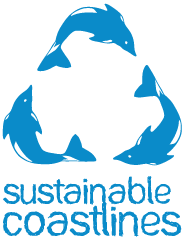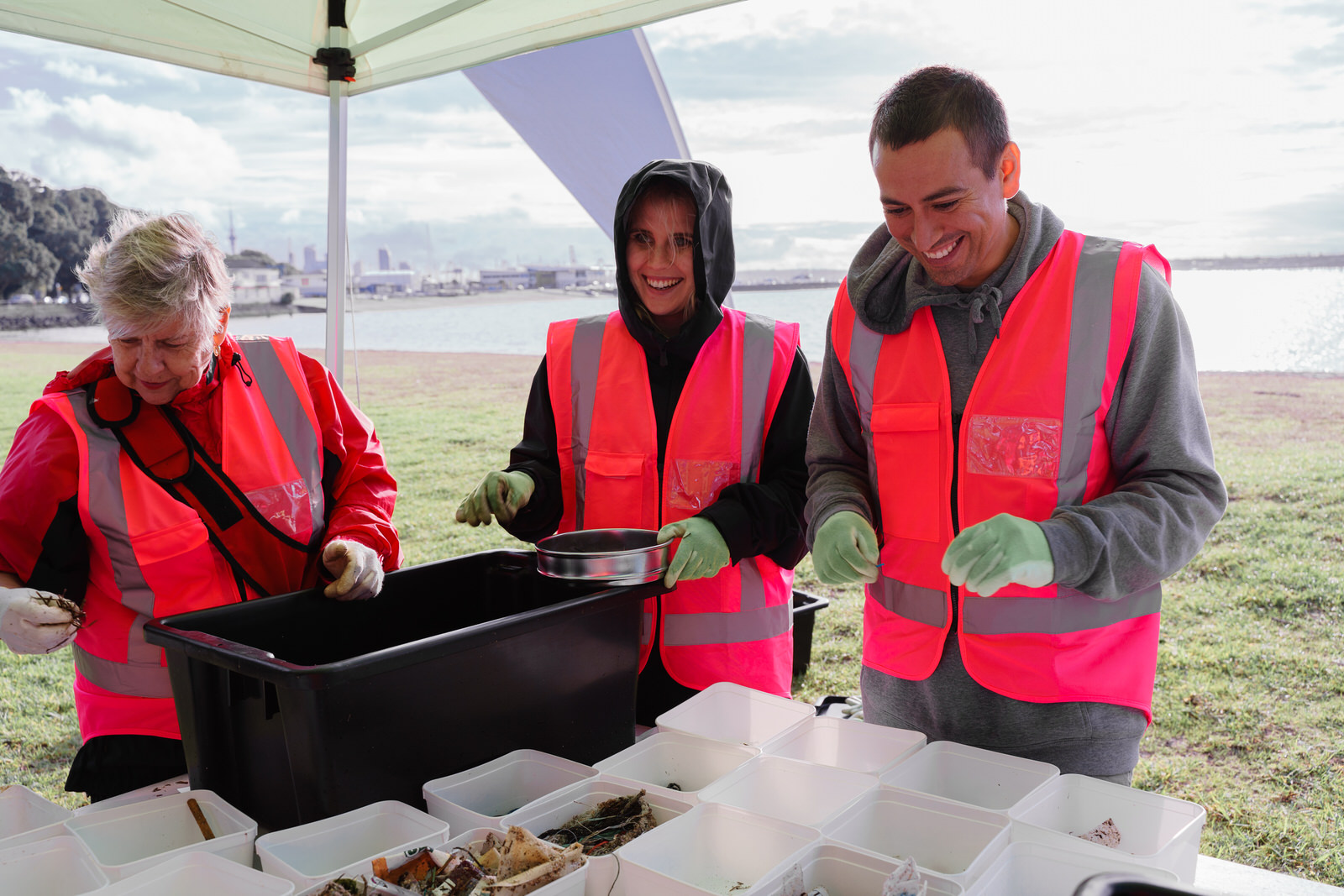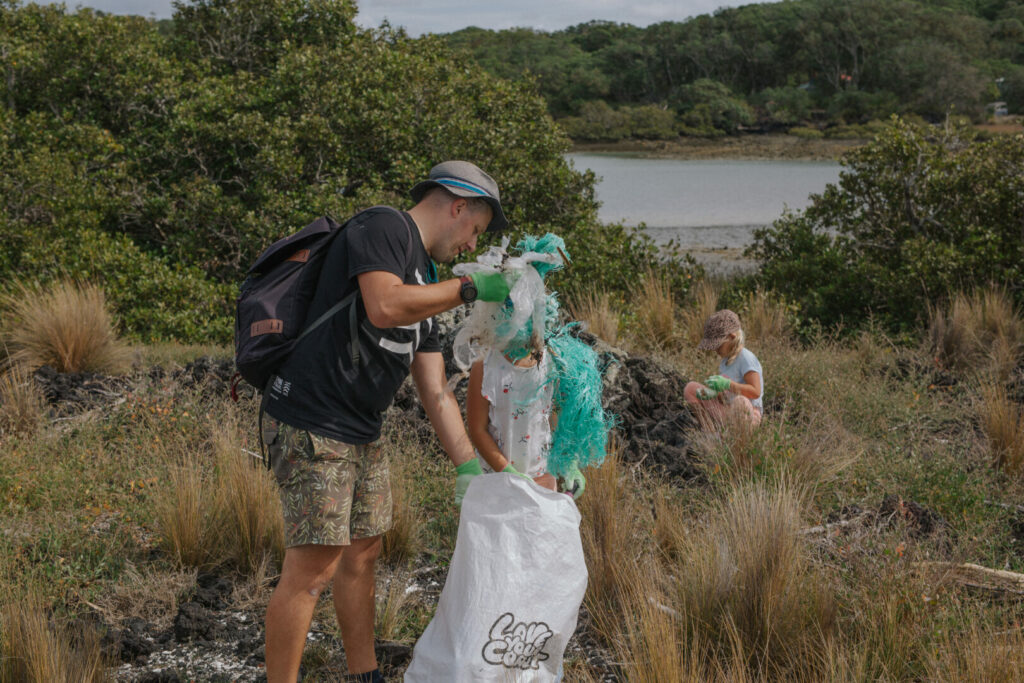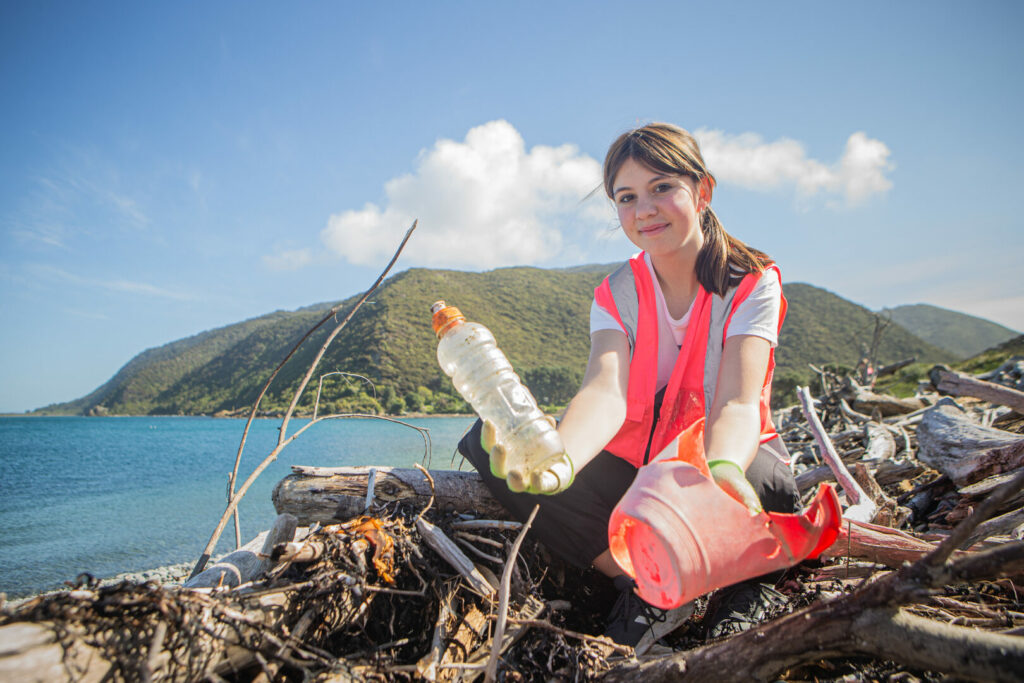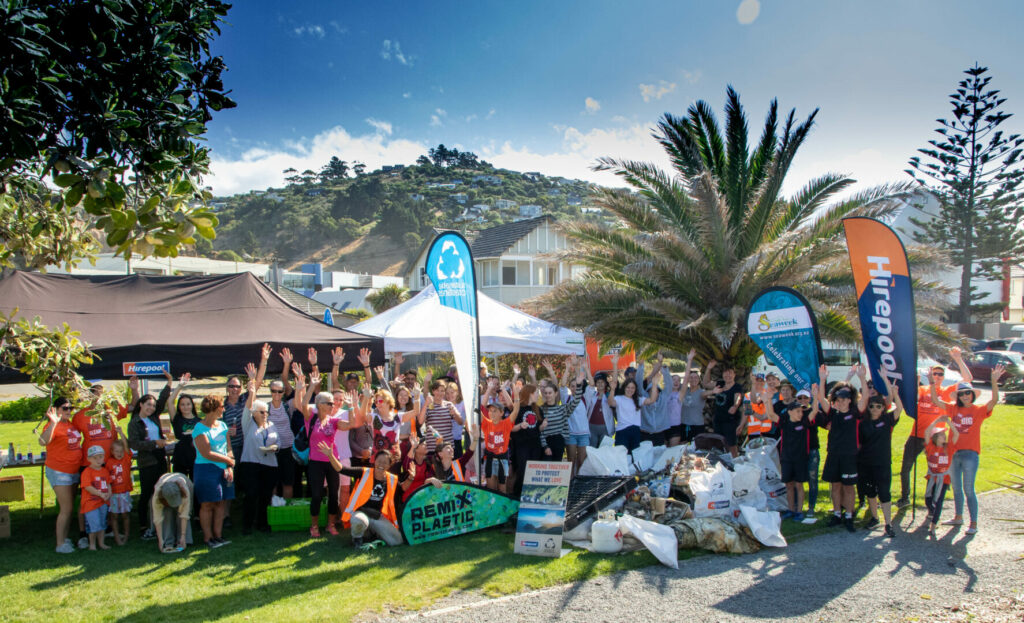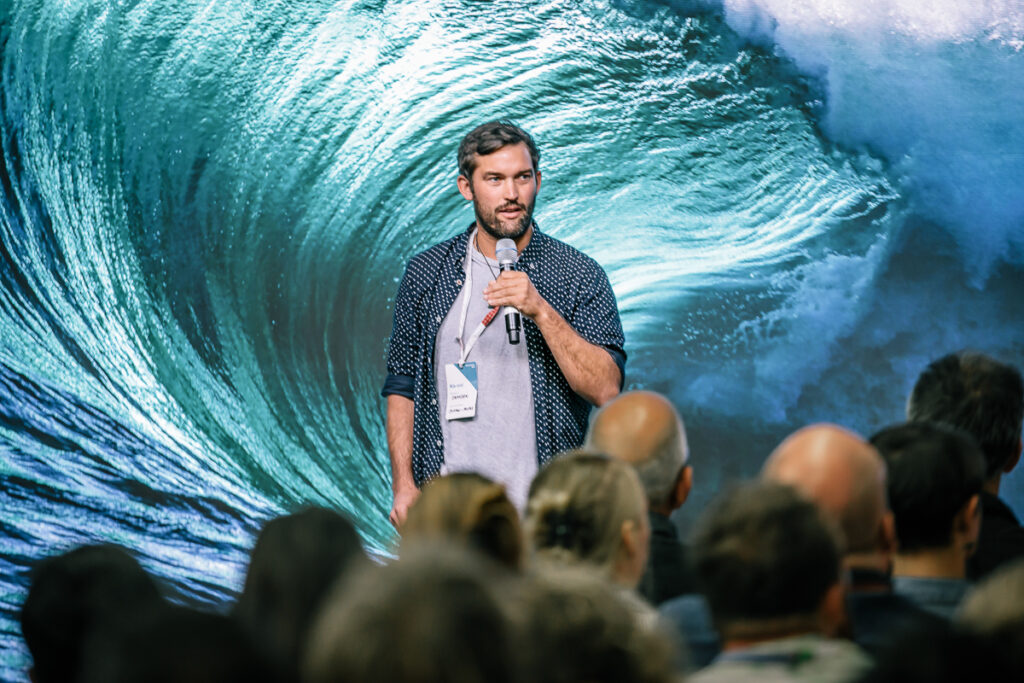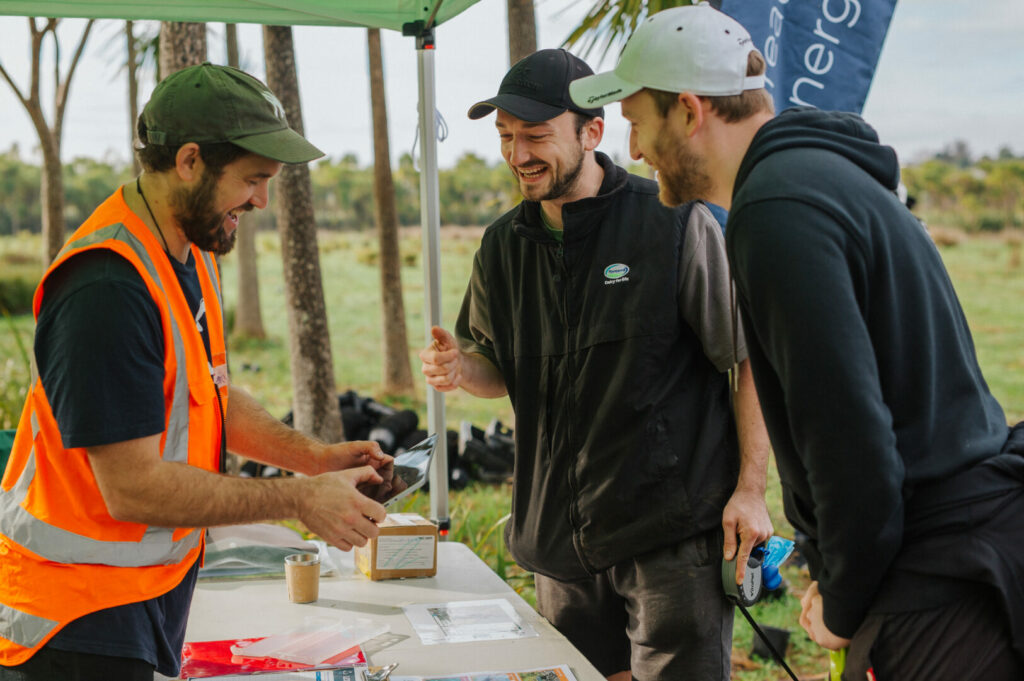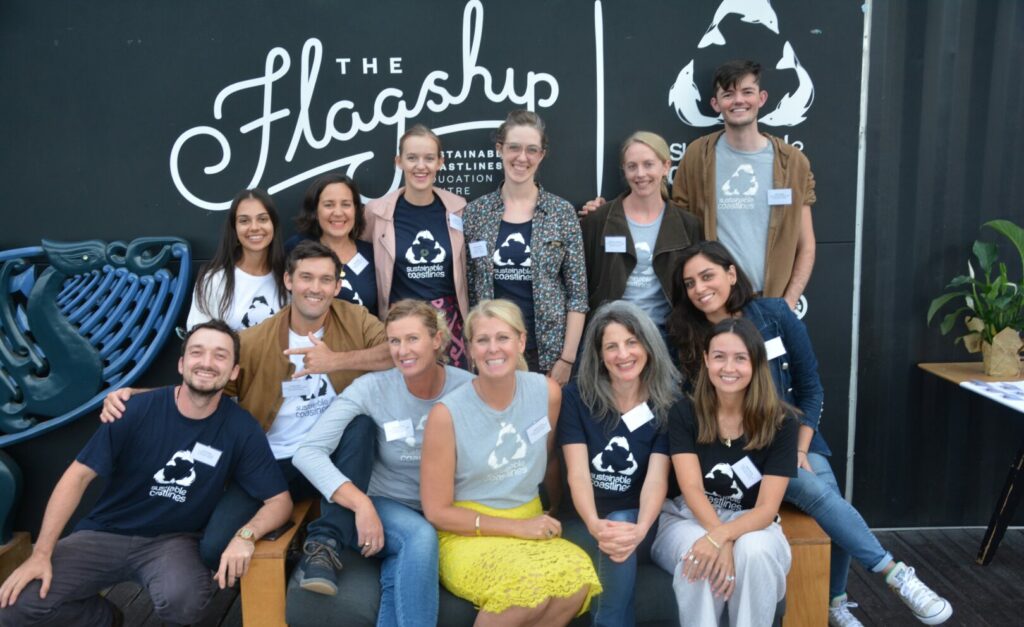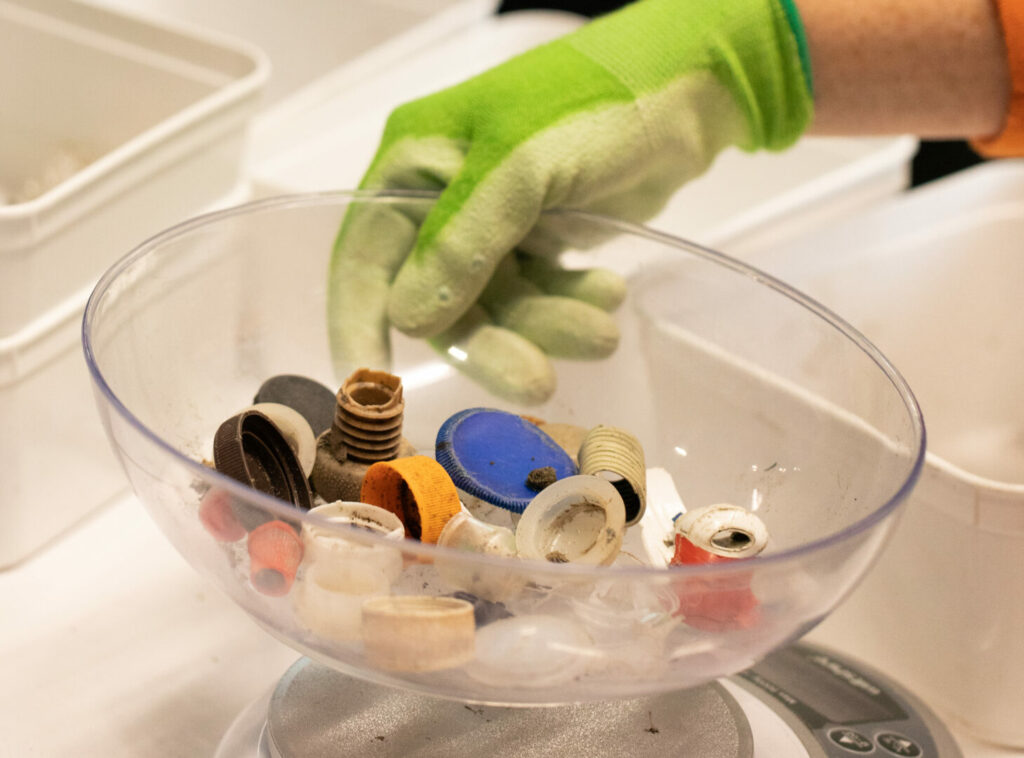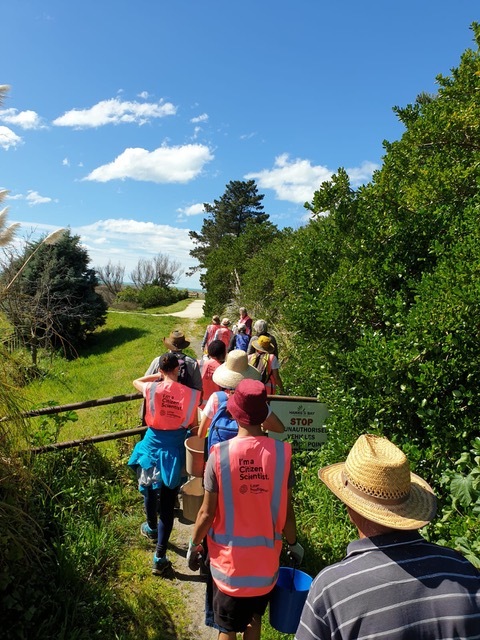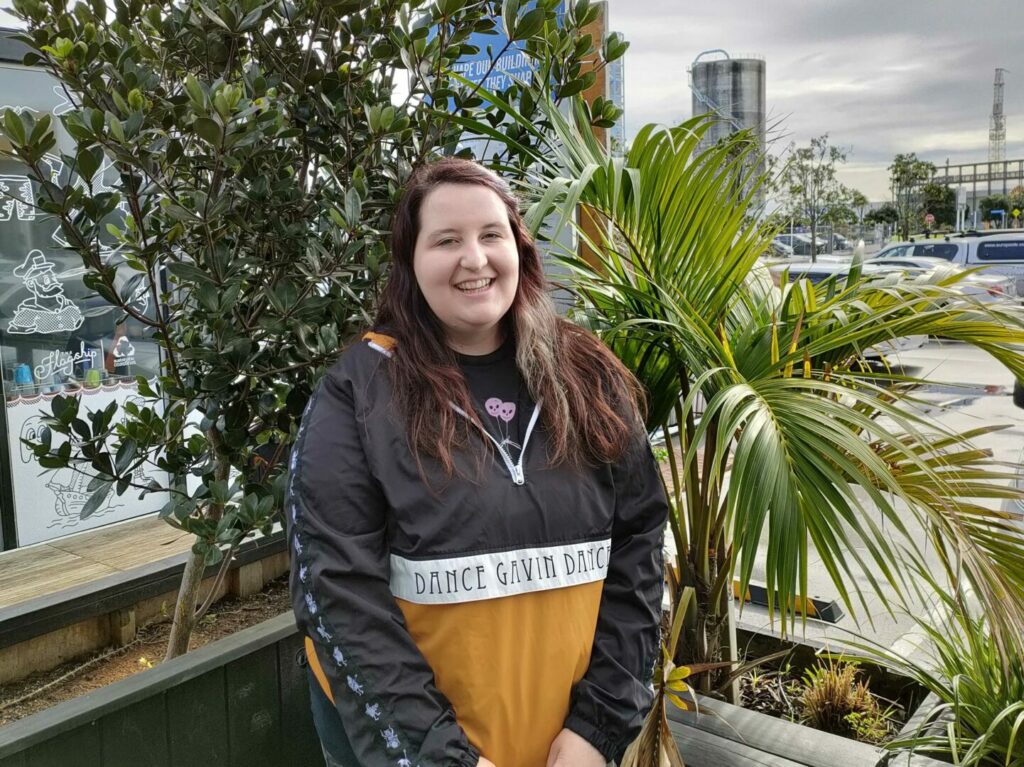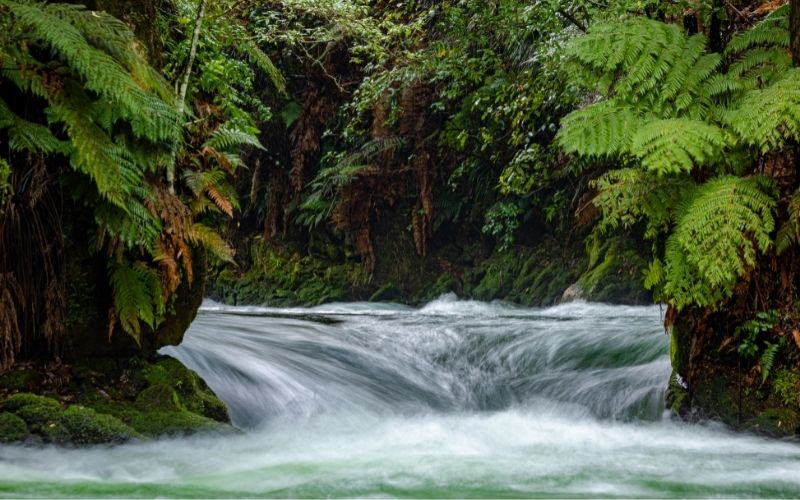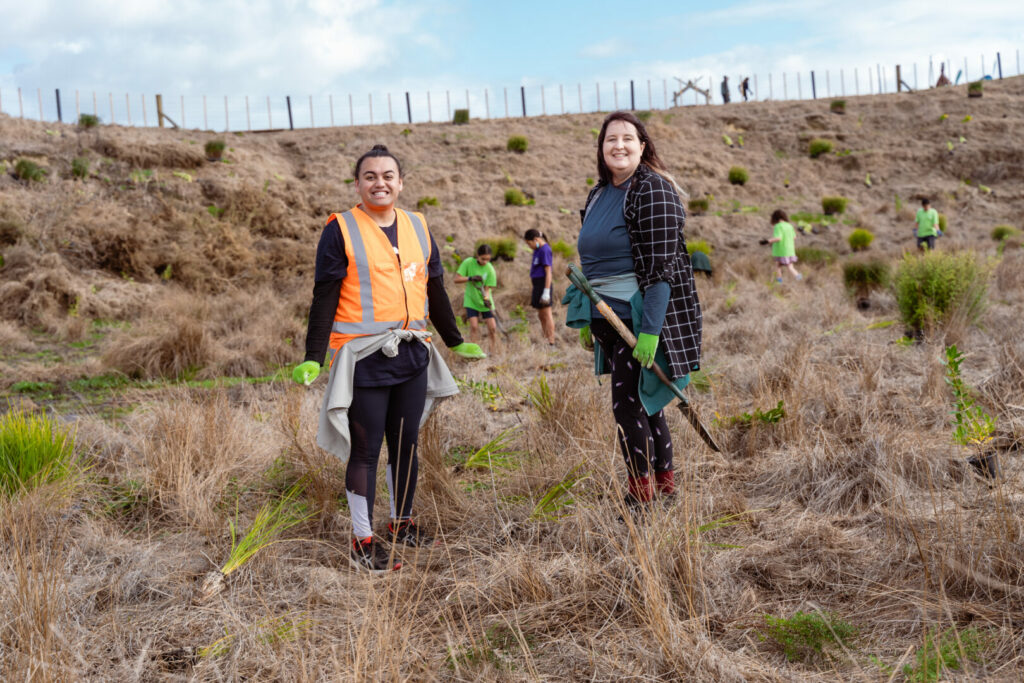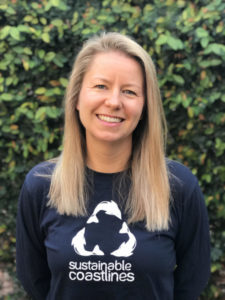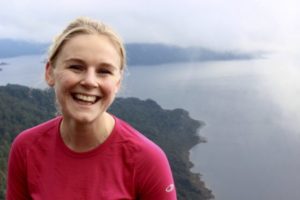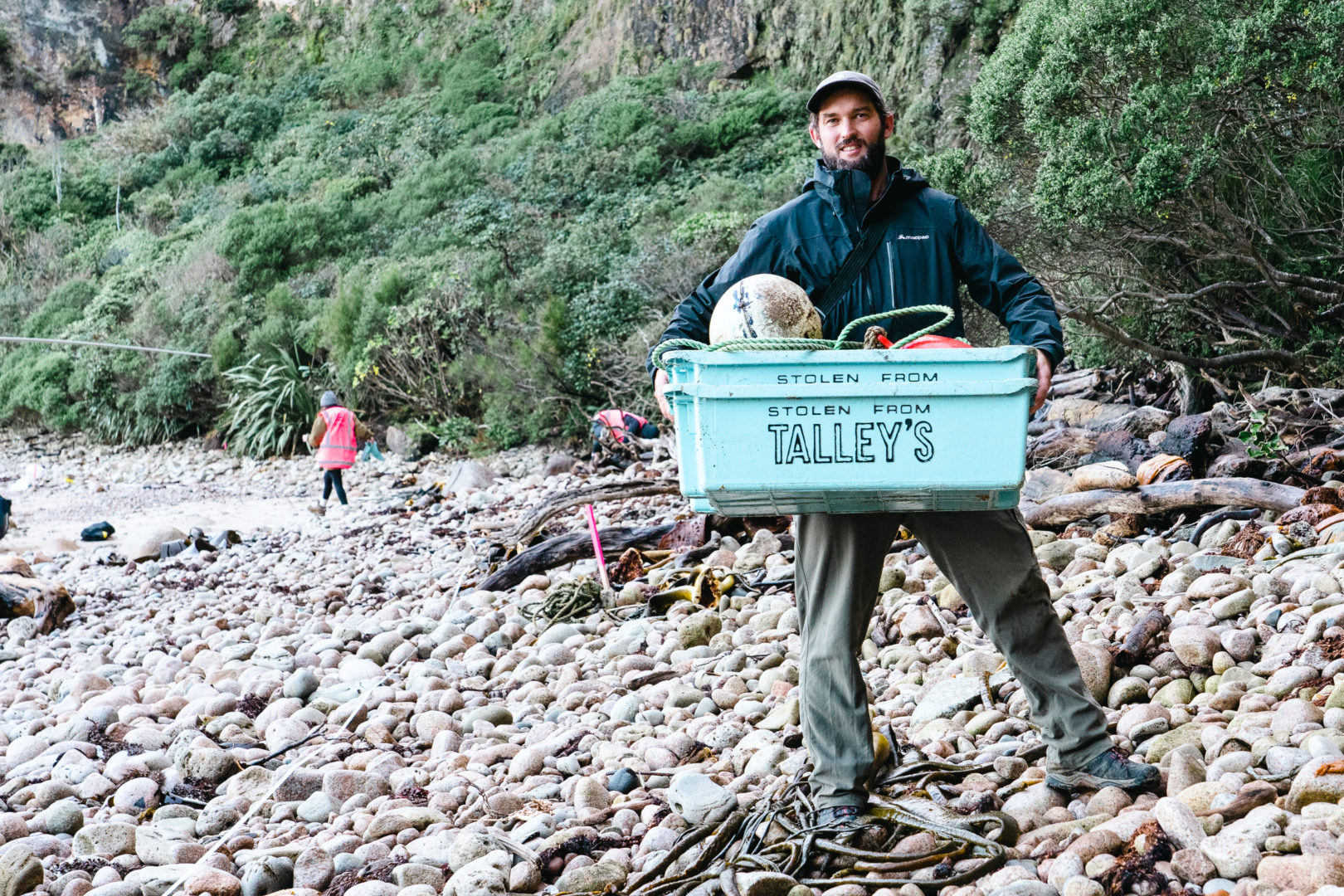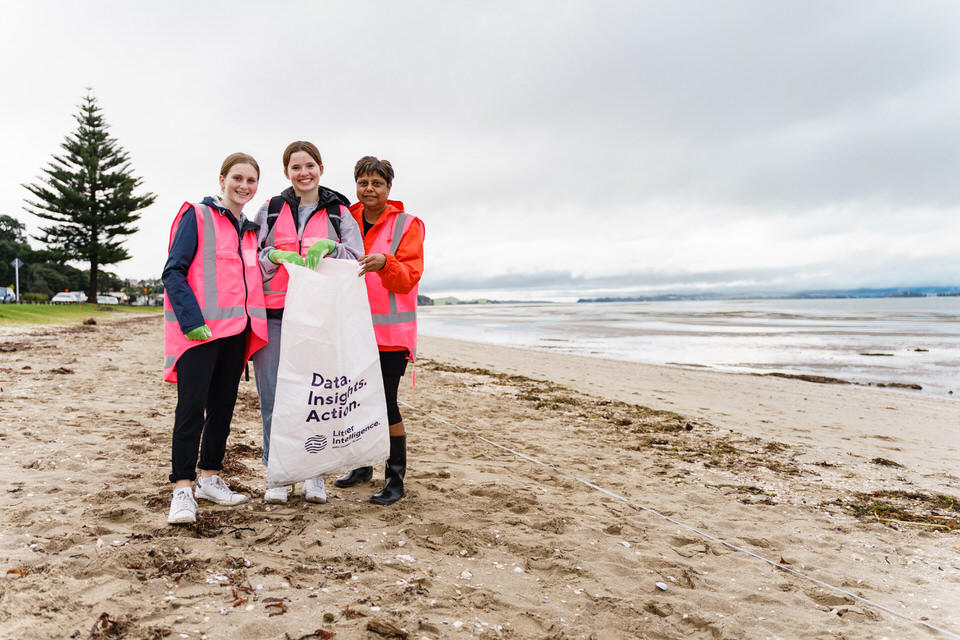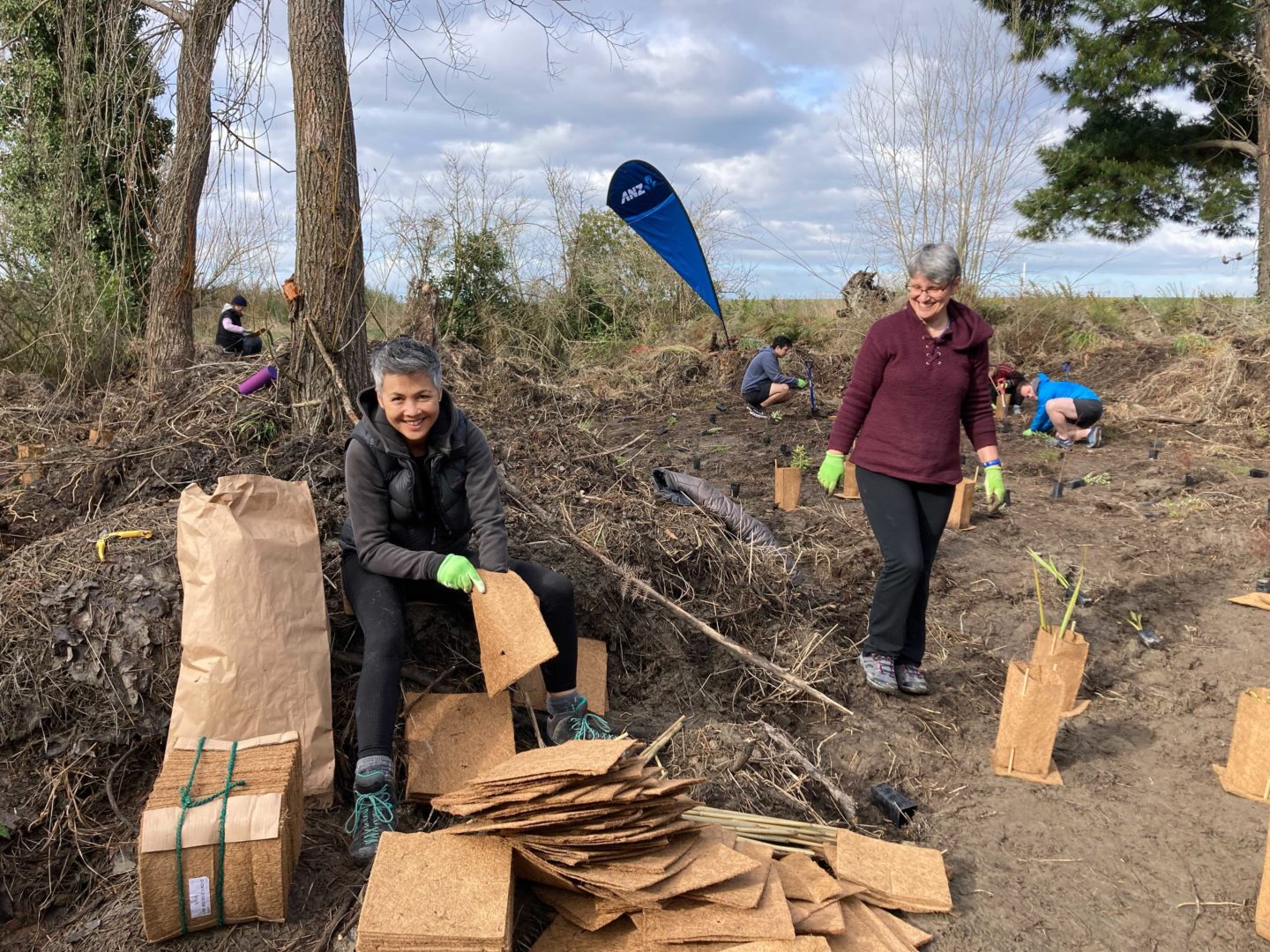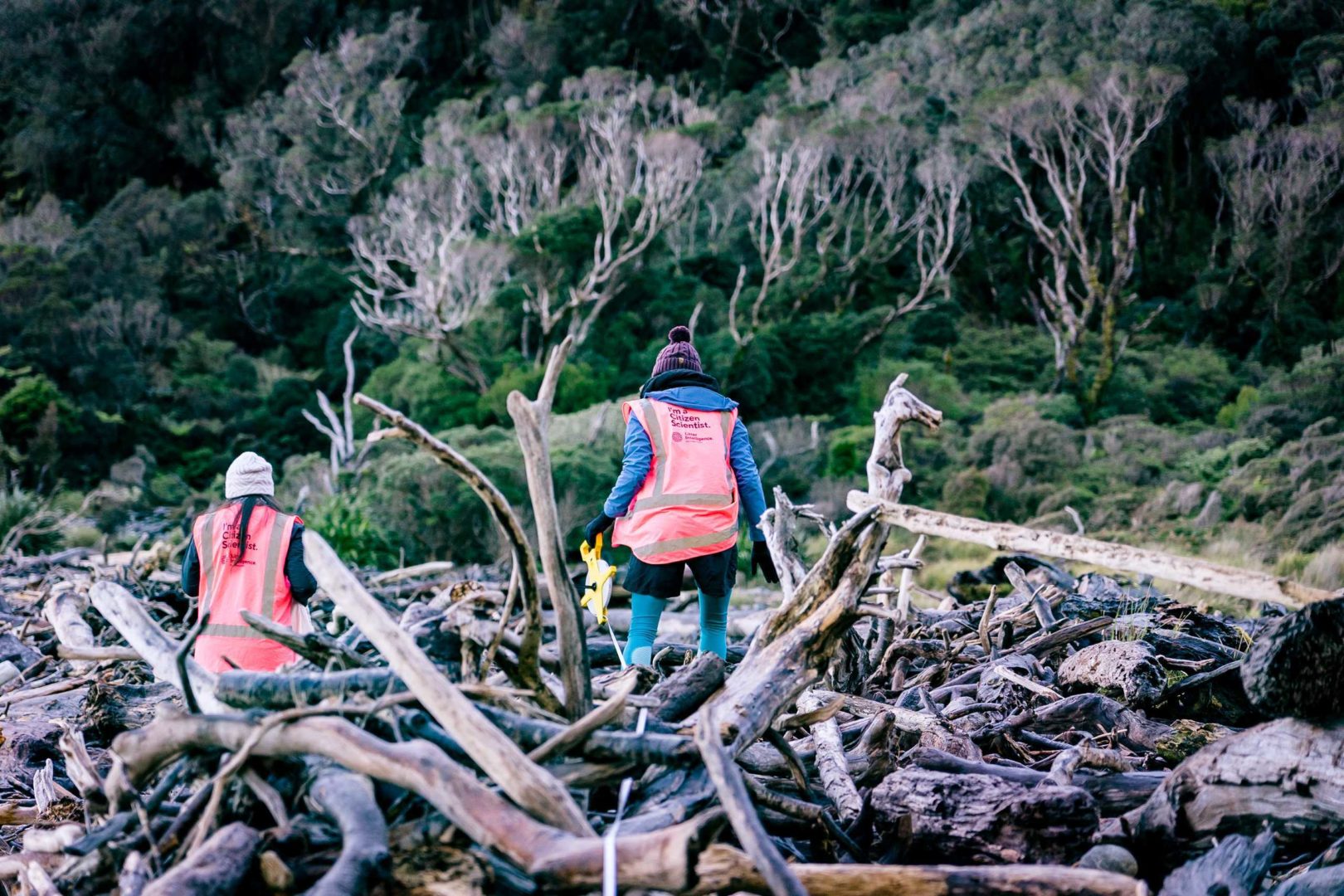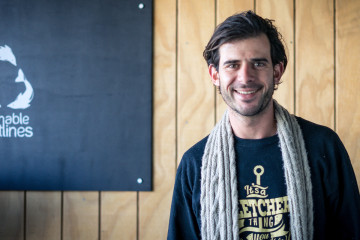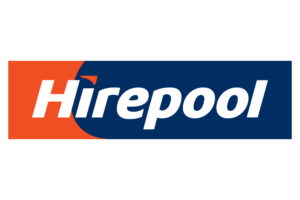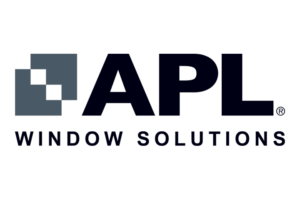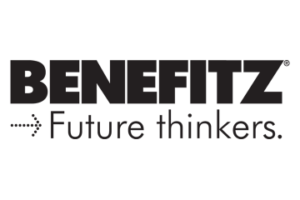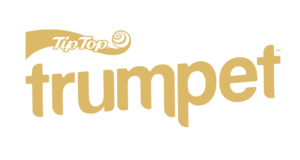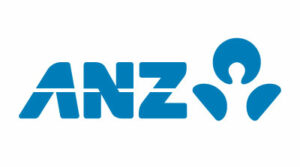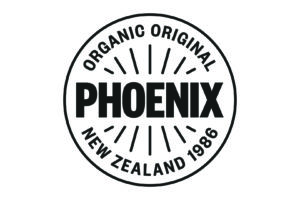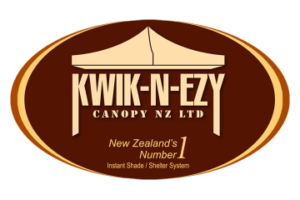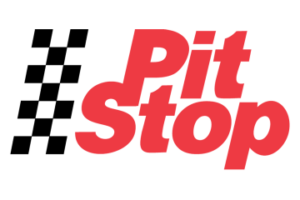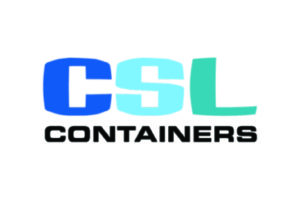This week is Seaweek, Aotearoa’s celebration of the sea, and ocean charity Sustainable Coastlines is ramping up efforts to protect our ocean. Waste, plastic pollution in particular, contributes to climate change and threatens both marine habitats and human health. It is an issue that demands urgent, dedicated attention, which is why Sustainable Coastlines is renewing its focus on clean beaches with an ambitious goal: reduce coastal litter by 60% by 2030.
When Sustainable Coastlines was founded in 2009, beach clean-ups were a fairly fringe activity. But the problem was big — Sustainable Coastlines’ first clean-up on Aotea Great Barrier saw 2.8 tonnes of litter removed from the remote island, with another 3.1 tonnes pulled from the same location a year later.
For co-founders Sam Judd and Camden Howitt, finding the situation worse just a year on told them that while beach clean-ups themselves were important, the amount of litter on our beaches wasn’t going to change without behaviour and policy change. Since then, Sustainable Coastlines has inspired communities across Aotearoa to take action at their local beach through clean-ups and education, and helped to nurture growing public interest in the issue of beach litter.
